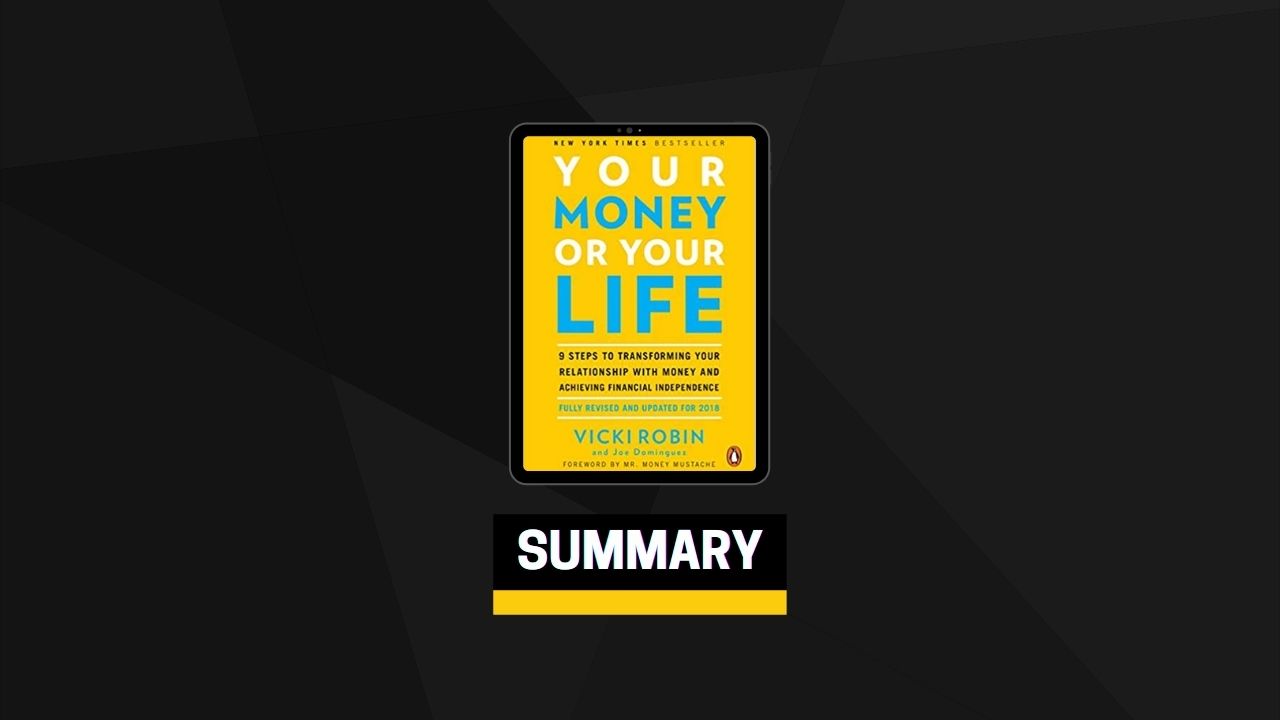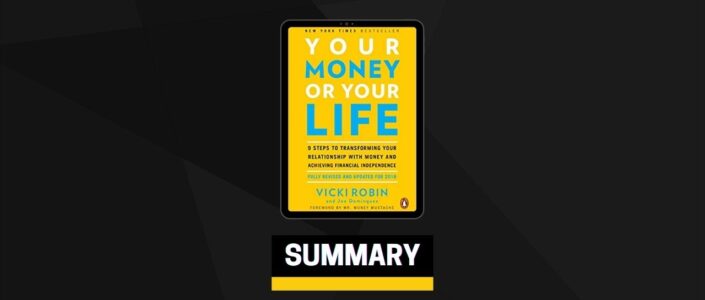1 | The Money Trap: The Old Road Map for Money
- Find out how much money you have earned in your lifetime.
- Create a balance sheet of your assets and liabilities. What do you have to show for the money you’ve earned?
It can be surprising, exciting, and even a bit disturbing to discover that you have a relationship with money made up of beliefs, assumptions, experiences, admonitions, and perhaps reactions to your parents or culture. Money Talks are a perfect way to learn about how others were shaped by their past, and what unconscious rules and stories guide us to this day. The “no-shame, no-blame” spirit lets you peer behind the curtain of money and see what’s going on.
Using the suggestions for how to have a Money Talk, raise these questions in your daily reflections, with your partner, or in social groups. Remember, adding “Why?” to the end of any question will take it deeper. Adding “How has society shaped my answer?” to any question will take it wider. There are no right answers.
Who gave you your first lessons about money? What did you learn?
What messages did you get about money growing up? Where did you get them from? Parents, teachers, ads, or . . . ?
Talk about an early memory of money and how it affects you now.
Talk about a money mistake. What would you do differently?
What does “enough” mean to you?
What do you have (in storage or closets) that you’d be better off without? Why do you keep it?
2 | Money Ain’t What It Used to Be—and Never Was
- Establish (accurately and honestly) how much money you are trading your life energy for, and discover your real hourly wage.
- Learn about your money behavior by keeping track of every cent that comes into and goes out of your life.
If you engage in Money Talks, you’ll be surprised at what you discover for yourself. You make the insights your own. You go from agreeing with what we say to knowing the truth for yourself.
What is money?
Describe your relationship with money in five words or less. Why those words?
Do you experience more stress when you have money, or when you don’t have it?
Finish the sentence “If I had more money, then I’d be . . .” Elaborate!
Are you earning what you’re worth?
What belief about money keeps you from being, doing, or having what you want?
3 | Where Is It All Going?
- Discern your unique spending and income categories and subcategories from your month of tracking income and expenses.
- Set up your Monthly Tabulation.
- Enter all money transactions in the appropriate category.
- Total your money spent in each subcategory.
- Add up total monthly income and total monthly expenses. Total your cash on hand and balance all bank accounts. Apply equation (total monthly income minus total monthly expenses plus or minus monthly error). The money you actually have at the end of the month should equal what you had at the beginning plus your monthly income minus your monthly expenses.
- Convert the dollars spent in each subcategory into hours of life energy, using the real hourly wage that you computed in step 2.
Two, three, four, or more minds are better than one. Sometimes seeing how others do the steps helps, and just the tangible work will raise so many interesting questions.
How do you stay conscious with your money?
What do you insure—and why?
What question would you most like to ask a friend about money? An expert? A relative?
How do you feel when you spend money?
What are some of your best experiences with tipping, tithing, or giving?
What are your top priorities and how does your spending support them—or not?
4 | How Much Is Enough? The Quest for Happiness
- Of each spending subcategory in your Monthly Tabulation ask question 1: “Did I receive fulfillment, satisfaction, and value in proportion to life energy spent?” Mark your answer with a + (or an up arrow), a – (or a down arrow), or a 0.
- Of each spending subcategory in your Monthly Tabulation ask question 2: “Is this expenditure of life energy in alignment with my values and life purpose?” Mark your answer with a + (or an up arrow), a – (or a down arrow), or a 0.
- Of each spending subcategory in your Monthly Tabulation ask question 3: “How might this expenditure change if I didn’t have to work for money?” Mark your answer with a + (or an up arrow), a – (or a down arrow), or a 0 and write the estimated change on the Monthly Tabulation.
- Review and make a list of all categories with the – symbol (or down arrow).
Your dreams, values, memories, and stories make for endlessly interesting conversations. If you hear a dream or goal you like from someone else, steal it! Together we can build compelling visions for a really good life.
What did you want to be when you grew up? What about now?
What’s on your “bucket list,” those things you want to do before you die?
What is your calling, the work of your heart and soul?
Talk about one of your happiest memories. What made you happy?
What could happen out of the blue that would be like a dream come true?
What do you want for your children/loved ones that money can buy?
5 | Getting It Out in the Open
Make and keep up-to-date a chart of your total monthly income and your total monthly expenses. Look at it often. Share it with others
Social support is a key to behavior change. It keeps you inspired and accountable
How much money do you need to be happy?
What or who can help you change your relationship with money?
What might change if you could know what others—a friend, date, boss, stranger—earn?
What motivates you to save?
What helps you save money?
6 | The American Dream—on a Shoestring
Lower your total monthly expenses by valuing your life energy and increasing your consciousness in spending. Learn to choose quality of life over standard of living.
Rugged individualism is a losing strategy for figuring out ways to lower your expenses while increasing your fulfillment. Harvest attitudes and practical tips from these conversations while appreciating how consumerism makes us crazy.
Whom are you trying to impress or please through what you have or how you spend?
How do you economize? On what? How do you feel about it?
Talk about one thing you own that you love. What do you love about it?
Take us shopping with you, describing where you are, how you feel, what you buy.
What’s your gazingus pin (your “gotta have it” purchase)?
What’s the last item you actually wore out?
7 | For Love or Money: Valuing Your Life Energy—Work and Income
Increase your income by valuing the life energy you invest in your job, exchanging it for the highest pay consistent with your health and integrity.
Stories around a circle—be it a campfire or Money Talk—teach us so much about how to make better choices, not just for our money lives but to have more meaning and happiness. Enrich yourself by inviting others to speak and listen in this unique way.
How could you double your income without selling your soul or compromising your health?
What was your first job? Best job? Worst job?
What would be your dream job—whether or not you were paid for it?
What is work and why do we do it?
What is your life’s work?
What do you like—and dislike—about the work you do for money?
8 | Catching Fire: The Crossover Point
Each month apply the following equation to your total accumulated capital and post the monthly investment income as a separate line on your Wall Chart:
capital × current long-term interest rate
12 months
= monthly investment income
When you begin investing your money according to the guidelines offered in the next chapter, start entering your actual interest income for your monthly investment income on your Wall Chart (while still applying the formula to your additional savings). After trends become clear, project that line to the Crossover Point; you will then have an estimate of how much time you will have to work before reaching Financial Independence.
Get inspired by hearing others’ thoughts and stories. Freeing ourselves isn’t the same as going it alone. Others can accelerate our path to all four FIs: Intelligence, Integrity, Independence, and Interdependence.
What ideas—practical to wild—do you have about how you’d pay off all your debt?
What do you want your legacy to be?
If you didn’t have to work for a living, what would you do with your time?
If you could take a year off work, how would you spend it?
What skills or social networks could you build now to depend less on money to meet your needs?
9 | Where to Stash Your Cash for Long-Term Financial Freedom
Become knowledgeable and sophisticated about long-term income-producing investments and manage your finances for a consistent income sufficient for your needs over the long term.
Watch out for relinquishing your power by taking advice from others. Filter everything through your own values and research. At the same time, we learn so much by hearing how others develop multiple income streams from a range of investments
What are you putting in place now to keep you afloat as you age?
In a pinch, what could you do to make extra money?
Whom or what would you trust to help you invest your money?
What’s been your experience to date with investing? What are your hopes?
What values and beliefs do you bring to investing?
What is your risk tolerance—in money and life?
What does Financial Independence mean to you?


